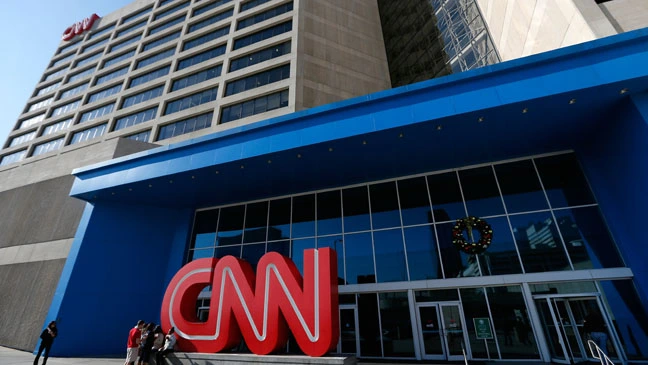The HC has awarded CNN compensation for a trademark infringement by a Marathi news channel!

The Delhi High Court ruled in favor of CNN, a news network channel, and issued a permanent injunction against other organizations for using the same mark ‘CNN’ to provide similar news services.
The network’s rights in the mark ‘CNN’ are unquestioned and unchallenged, and the mark has been certified a well-known mark, according to Justice Pratibha M Singh’s single-judge panel, which also awarded a 3lakh cost in terms of the relief sought.
“The use of the mark ‘CNN’ is clearly with awareness of the Plaintiff’s goodwill or reputation, and also considering that the Defendants, as journalists and media professionals, are deemed to be well aware of the Plaintiff’s mark’s reputation and the Plaintiff’s rights in the said mark.”
CNN’s contention was that since its inception in 1989, the news channel has been available to Indian consumers as well. The first ‘CNN bureau in New Delhi opened in 1992, and a strategic partnership between ‘CNN’ International and New Delhi Television Pvt. Ltd. was formed in June 1993. (NDTV). Plaintiff’s television channel, CNN, was the first private television channel to be allowed to broadcast on an Indian satellite, according to the plaint. Furthermore, Plaintiff has filed several processes to protect the mark ‘CNN.’
Since 1999, the Plaintiffs have had multiple trademark registrations in India for the mark ‘CNN’ in various classes. Plaintiff has also filed a number of different versions and formative marks for the mark ‘CNN,’ including ‘CNN IBN’, ‘CNN IBN 7’, ‘CNN NEWS 18’, ‘CNN CAFÉ’, ‘CNN GO,’ and so on. The first mark was made in 1999.
The defendant’s stations ‘CNN News Khabar Update Marathi’ and ‘CNN City News Network’ both utilize the same ‘CNN’ mark. The defendants also had YouTube channels and promoted the mark ‘CNN’ on their Twitter feeds, Instagram posts, blogs, and other social media platforms. On YouTube Channels, the mark ‘CNN’ is visible.
According to Plaintiff, the use of the mark “CNN” is an infringement of its registered trademarks, as well as passing off. The use would also be considered deception, impersonation, dilution, and tarnishment, according to the lawsuit.
The plaintiff objected to the Defendants’ failure to appear even after being served, claiming that the fact that the Defendants had taken down infringing YouTube videos, Twitter accounts, and other social media accounts/posts proves that they are well aware of the current proceedings.
To secure an injunction judgment in its favor, the plaintiff referenced the reasoning of other comparable cases heard by the Delhi High Court. The court agreed with the arguments and granted CNN the requested remedy.